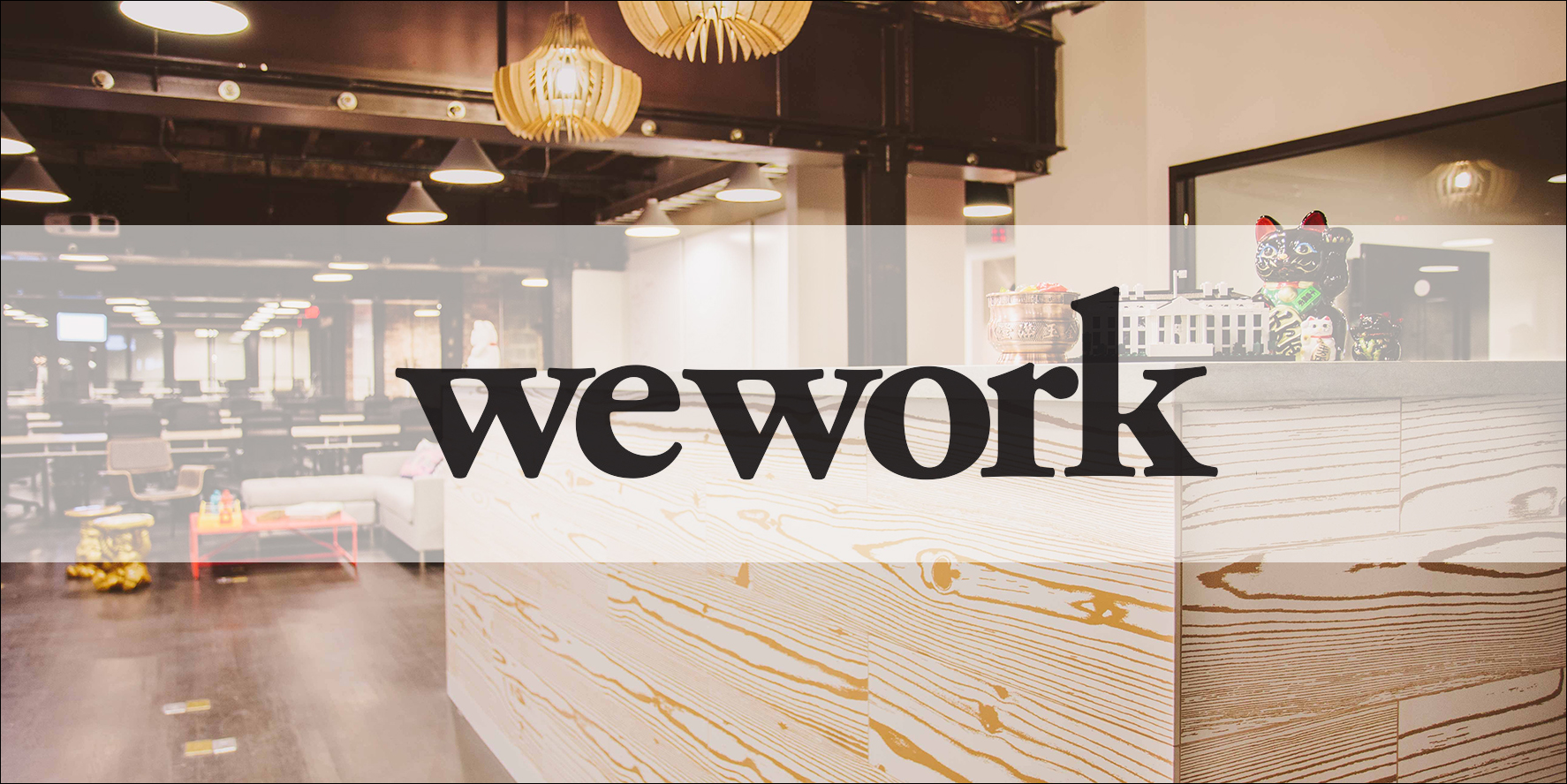How can start-up companies afford to pay the rent in high-priced city districts? Many times they can’t and that helps explain the success of companies offering shared working quarters. As of last year, the biggest player in this market, WeWork became a $6 billion company with 64,000 clients using 83 shared spaces in 12 countries around the world, according to Business Insider magazine.
This is part of a series on
Taxes and the On-Demand Economy.
WeWork gobbles up entire floors in buildings and then rents out space to company owners who interact with one another. The rental agreement entitles you to your own workspace and desk, conference rooms that can be rented out for WeWork credits and access to a central receptionist desk and other common areas. It also offers amenities such a snacks, beverages and a kitchen where people can rustle up their own food and a place to dine with others. They even have beer on tap.
The workplace encourages its tenants to participate in group activities. For instance, the lobby may have ping-pong tables and foosball to fuel competitive spirits. And there’s usually a daily event, such as a wine-and-cheese tasting or a brunch with waffles and mimosas, to stimulate social contact.
Of course, it’s not all play and no work. In addition to Wi-Fi access, you can take advantage of other standard office features like printers, shredders and paper cutters or even pens, pencils and paper clips.
Finally, WeWork spurs collaboration among entrepreneurs with similar goals and business plans. It doesn’t take long for the kindred spirits to find each other. Just imagine networking with an important business contact sitting at the desk right across from you!
What are the tax consequences? Essentially, the tax rules for self-employed individuals apply to the freelancers and others who rent out space from WeWork or some other shared workplace. That means that you must report your income from your business activities and pay federal income tax to the IRS in quarterly installments. Naturally, residents of most states also face state income tax obligations.
Similarly, you’re also responsible for paying self-employment tax, the equivalent of payroll tax for employees. The self-employment tax due in 2017 is equal to 15.3 percent on the first $127,200 of income and 3.9 percent on all income, but half of those amounts are deductible.
On the other side of the coin, you’re entitled to write off the “ordinary and necessary” expenses of your operation, just like other businesses. And this is where renters of a WeWork space have an edge over most work-at-home business people.
Normally, you must figure out deductions for a home office based on the percentage of the business use of the home. For example, if you use a room comprising 10 percent of the overall area of the home, your deductions for most home expenses – such as utilities, insurance, repairs, etc. – is limited to the 10 percent of the cost. However, if you rent out a space from WeWork, 100 percent of the amount you pay is deductible. You don’t have to do any calculations.
In summary, WeWork and other shared workspaces may provide a wide range of benefits and conveniences, with tax breaks to boot. It’s no wonder that this concept is rapidly catching out with some of the rising stars of the business world.
Thanks for reading CPA Practice Advisor!
Subscribe Already registered? Log In
Need more information? Read the FAQs




